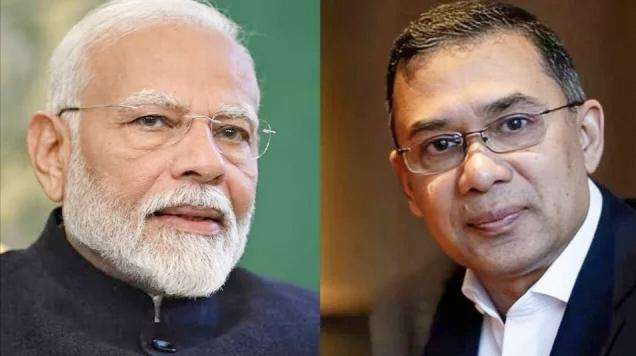Inaction on the part of governments is costing them billions of dollars in lost economic opportunities related to the underinvestment in women and girls.
According to this year's UN Women Gender Snapshot report, the global cost of inadequately educating young women is estimated to be $10 trillion (£7.6 trillion); if low- and middle-income countries do not close the gender gap in internet use, they will lose $500 billion over the next five years; and if support for female farmers is increased, the global GDP could increase by $1 trillion. Additionally, it discovered that child marriage might persist until 2092 at the current rate.
"The cost of not achieving gender equality is just way too high but at the same time, the potential returns of doing so are also too high to ignore for societies," stated Papa Seck, head of UN Women's research and data section.
The annual report, which assesses progress of gender equality across the UN’s sustainable development goals (SDGs), also found that 47.8 million more women than men face moderate or severe food insecurity; that it could take a further 137 years to end extreme poverty for women; and that climate change could force 158 million more women and girls into poverty than men and boys.
Governments must “start investing hard cash into women and girls”, said Seck, and make “non-negotiable” changes to their laws to better protect them.
No country has all the laws needed to prohibit discrimination, prevent gender-based violence, uphold equal rights in marriage and divorce, guarantee equal pay and provide full access to sexual and reproductive health, the report found.
Of the 120 countries where data is available, more than half have at least one restriction preventing women from doing the same jobs as men and half do not classify rape as based on a lack of consent.
In the UK, Rachel Saunders, an expert in women’s legal issues at Nottingham University, said the government should create new laws that mandate employers to share staff salaries and allow women to know if there is a sex offender in their area.
She said that even when such laws did exist, many were not fully implemented. For example, the Equality Act 2010 is meant to protect UK citizens from workplace discrimination yet Saunders said the gender pay gap persisted and that there was still an expectation for women to take parental leave rather than offering both parents an amount to split.
Jemima Olchawski, chief executive of the Fawcett Society, which campaigns for gender equality, said there was a general complacency that viewed gender disparities as “ghosts” from a time when women did not have the rights they had today and an attitude that things would naturally improve over time.
“That is absolutely not the case,” she said. “We are consistently and constantly perpetuating and even creating new inequalities for women and girls.”
Elsewhere, she said women continued to experience “absolutely horrendous situations”, citing the Taliban’s ban on Afghan women working, studying and even speaking in public.
Olchawski remarked, "Sadly, I'm not at all surprised to see that." "Progress is simply not being seen."
Governments should support feminist moments, according to Ezel Buse Sönmezocak, advocacy officer for Women for Women's Human Rights, a Turkish equality campaign group. "We know that when you [do], you build a defence against backsliding," she said. She stated that the snapshot ought to serve as a reminder to "hold on to the SDGs and be more ambitious."








.svg)

